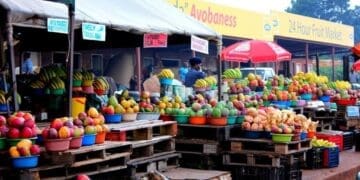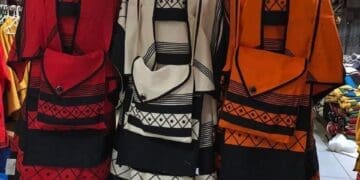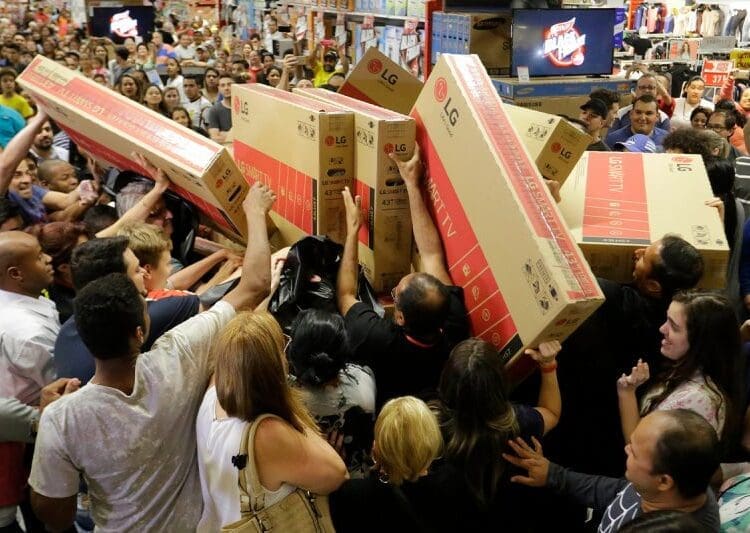Small business owners are torn between excitement and anxiety as Black Friday fever sweeps through South Africa’s shopping scene.
The annual retail frenzy promises record sales, but for many SMEs it also exposes deep cracks in the system that favours big players.
For some entrepreneurs, Black Friday represents a much-needed chance to boost revenue before the December slowdown, while for others, it serves as a reminder of how hard it is to compete with the discounts and digital marketing muscle of large retail chains.
“We can’t match the 70% discounts that the big stores offer. But if we don’t join in, customers assume our prices are unfair or that we’re not part of the trend,” said Nthabiseng Molefe, who runs an online clothing boutique in Johannesburg.
Like many small retailers, Molefe faces a dilemma in deciding to participate and risk cutting into already thin profit margins, or sit out and lose visibility. There is a high cost in competing.
In 2024, South Africans spent an estimated R6.5 billion over Black Friday weekend, with most of it flowing to major online and mall-based retailers. Small businesses, especially those without e-commerce infrastructure, captured only a fraction of that spending.
According to business analyst Lerato Phiri, the problem is not a lack of entrepreneurial drive, but a lack of access.
“Many SMMEs don’t have the digital tools, logistics partners, or marketing budgets to compete online. So, even when consumers want to ‘shop local,’ they often end up buying from the companies with the biggest online presence,” said Phiri.
Rising operating costs from electricity to packaging make it even harder for small businesses to drop prices without incurring losses. For those in townships and rural areas, unstable internet connections and payment system glitches add another layer of risk.
Despite the challenges, some entrepreneurs are finding creative ways to turn Black Friday into an opportunity to scale higher.
Luthando Mbele, founder of a small skincare brand in Durban, said her business focuses on “value-driven” promotions rather than deep discounts.
“We offer small bundles and free delivery instead of slashing prices. Customers appreciate authenticity and quality, not just a bargain.”
Digital tools are also helping some SMEs punch above their weight. Platforms like WhatsApp Business, Yoco, and Shopify are making it easier to reach customers directly and track sales in real time.
“Technology gives us a fighting chance,” said Mbele.
“Even if we don’t match the big brands rand-for-rand, we can compete through personal service and speed.”
Experts say the government and private sector must play a stronger role in helping SMMEs benefit from retail booms like Black Friday. This includes better access to funding, e-commerce training, and marketing support to help local entrepreneurs reach national audiences.
“Black Friday shouldn’t just enrich big corporates,” said Phiri. “It can also be a platform for small businesses if we build a fairer digital and financial ecosystem.”
Azwi@vutivibusiness.co.za























































